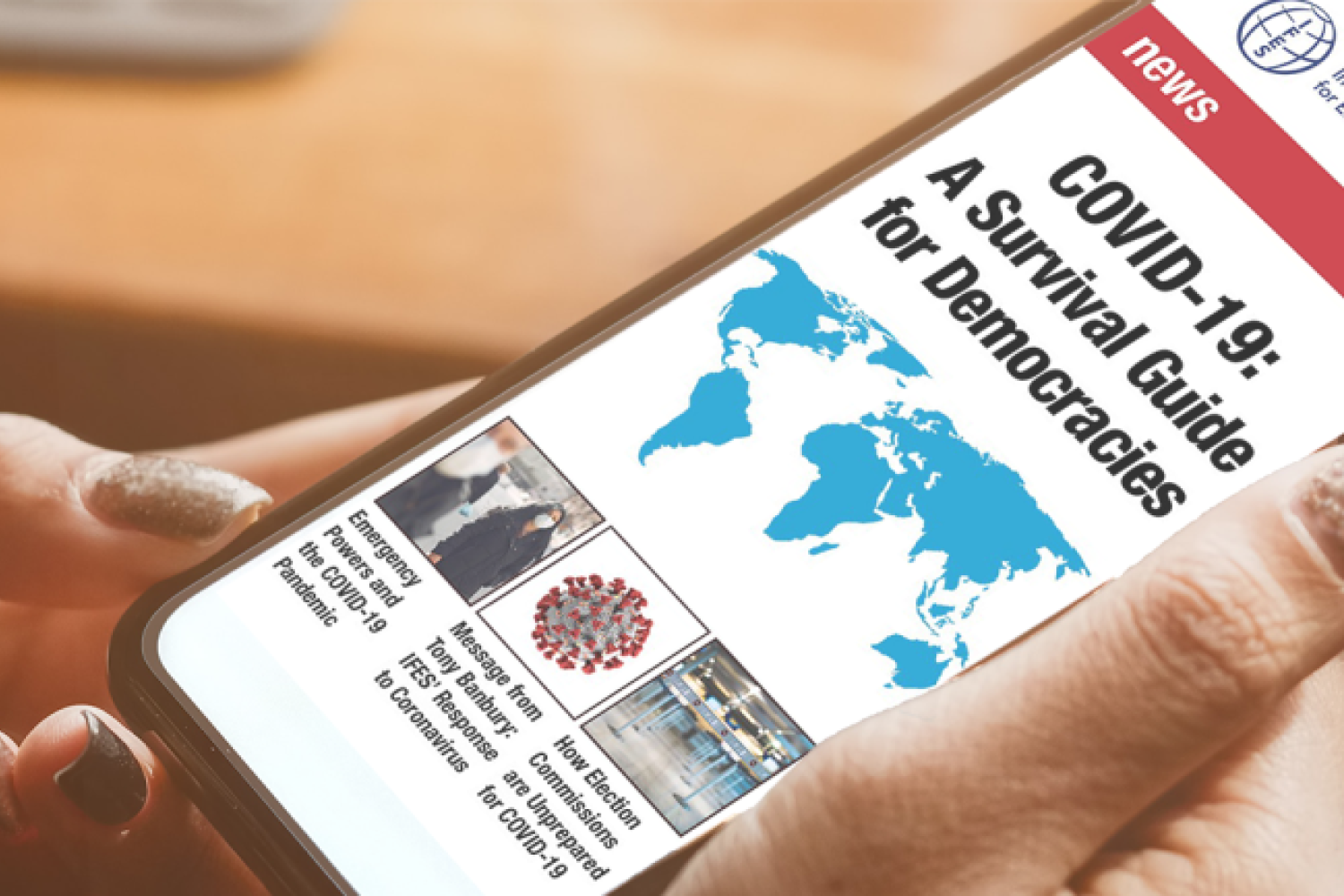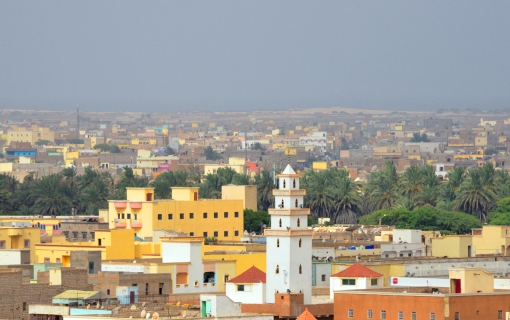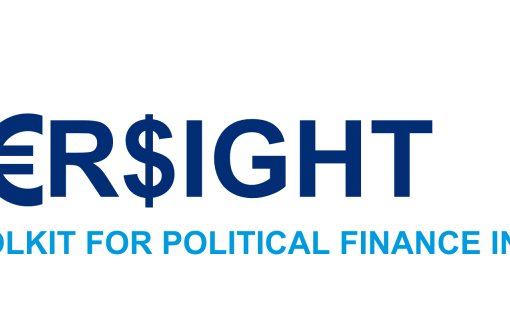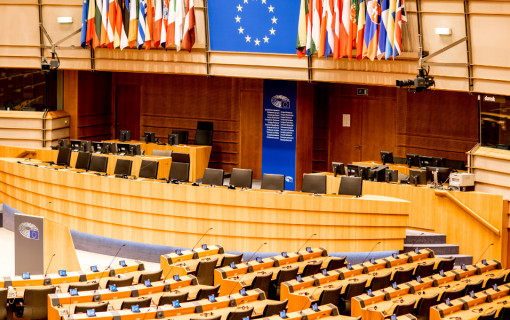Elections to Watch in 2022
As we enter a third year of the COVID-19 pandemic, the integrity of elections remains under threat. In many countries, mis- and disinformation continue to polarize politics and corrode public discourse. Full participation and access remain elusive, and the weaponization of legal challenges to elections and election outcomes remains prevalent. The International Foundation for Electoral Systems (IFES) works with our partners to confront these challenges with expert assistance and applied research to develop trusted electoral bodies capable of conducting credible elections; effective and accountable governing institutions; and civic and political processes in which all people can safely and equally participate.
In the year ahead, elections will continue to adapt to pandemic conditions and serve as a bellwether. Amidst the ongoing global pandemic, elected governments and representatives face the fallout of tepid economies and social inequalities exposed by COVID-19. Below are the elections to watch in the coming year:
Africa
Angola
General Elections – August
General elections are scheduled in August to elect the National Assembly and the President. The ruling Popular Movement for the Liberation of Angola (MPLA) seeks to retain the power it has held since gaining independence in 1975. President João Lourenço is expected to seek a second term in office. Should the leading opposition parties remain united, they will press the case for meaningful economic reform and more inclusive political participation.
Kenya
General Election – August 9
Legislative and presidential elections in August will represent another opportunity for democratic progress given the country’s recent events of electoral violence and contestation. Given Kenya’s history of ethno-politics and susceptibility to misinformation, the threat of communal violence prior to and after elections is very real. With nearly 75 percent of Kenya’s population under the age of 35, younger voters look to play an increasingly decisive role.
Americas
Brazil
General Elections – October 2
Brazil’s general elections will test the staying power of President Jair Bolsonaro and his brand of authoritarian populism. With an economy in recession, including a currency trading at an all-time low against the U.S. dollar, and one of the highest COVID-19 death rates by population in the western hemisphere, many observers see the situation favoring a surprise comeback of former President Luiz Inacio Lula da Silva and a heavily polarized election.
Colombia
Parliamentary/Presidential Elections – March 13, May 29
In a busy election year, Colombians first head to the polls in March to elect a new National Congress followed by first round presidential elections in May (a second round will take place on June 19, should no candidate receive 50 percent). With incumbent President Ivan Duque limited to one term and mounting social discontent, Colombia is posed for political change. Based on the Peace Accords signed in 2016 between the Government and the FARC, sixteen “Peace seats” in the house of representatives will be elected this year, out of new constituencies from and for victims of the internal armed conflict.
United States
Legislative Elections – November 8
Mid-term Congressional elections take place in November, with all 435 seats in the House of Representatives and 34 seats in the Senate at stake. Following President Joe Biden’s victory in 2020, these elections will test the Democratic Party’s hold on its power in Congress amid an economic recovery that features the highest inflation seen in four decades and concerns over the social impacts of the enduring global pandemic. The conventional wisdom among political pundits is that the party not in the White House has the upper hand in mobilizing voters and is favored to gain seats in both chambers of the legislature.
Asia-Pacific
Australia
Federal Elections – on or before May 21
Prime Minister Scott Morrison and his Liberal-National Coalition government will face elections against the headwinds generated by the economic impact of the rapid spread of Omicron, criticisms of his government's pandemic response and questions about his government's commitments to climate action and integrity. Recent public opinion polling indicates that the opposingLabor Party may have the upper hand due to party switchers and the flow of the preference votes required under Australia’s electoral system.
Papua New Guinea
General Elections – June
Papua New Guineans will elect 111 new parliamentarians over a period of several weeks beginning June 25 and ending July 8. Voter registration is currently underway, and it is estimated that more than six million voters will go to the polls across the country’s 21 provinces and one autonomous region. Past elections have been challenged by electorally-driven conflict, allegations of fraud and low participation of women. In 2017, no women were elected, down from three in the previous parliament.
Philippines
Presidential Elections – May 9
General elections in the Philippines, including direct elections for President, are scheduled for May 9. President Rodrigo Duterte is constitutionally barred from re-election and his political party does not have a candidate for President. His daughter, Sara Duterte, who was expected to replace her father, opted instead to run for vice president, aligning herself with Ferdinand Marcos, Jr.'s presidential run. Polls in January show Marcos Jr. and current Vice President Leonora Robredo as the leading candidates for the presidency.
Europe and Eurasia
Bosnia and Herzegovina
General Elections – October 2
More than 25 years after the end of the war, voters in Bosnia and Herzegovina (BiH) will go to the polls at a time when the country is being torn apart anew by nationalist divisions among Bosniaks, Croats and Serbs. With the Serb majority entity (Republika Srpska) threatening to secede, and deepening concerns over potential ethnic violence, BiH remains highly volatile. Ongoing electoral reform efforts nor elections themselves, while necessary, will not be sufficient to solve the many problems the country faces, but they offer hope that a renewal of representative government can help calm tension.
Hungary
Parliamentary Elections – April 3
After 12 years in office, Prime Minister Viktor Orban faces one of his toughest challenges to date. A united seven-party opposition coalition will oppose Orban’s Fidesz Party in the April parliamentary elections. Opposition leaders ranging from the center-left to the far-right are uniting under the banner of United Hungary to topple Orban, who has been accused of undermining Hungary’s democratic norms and independent institutions.
Serbia
General, Belgrade Local Elections – April 3 or April 17
In keeping with President Aleksandar Vučić’s pledge to hold early elections immediately after June 2020 Parliamentary elections, general elections are anticipated for April in which voters will elect the President of Serbia and members of the National Assembly. Given Serbia’s polarization and political fragmentation, it is unclear whether Vučić’s maneuver will contribute to political stability and boost the chances of his Serbian Progressive Party or instead result in more diversity in the Parliament.
Middle East and North Africa
Lebanon
General Election – May 15
Against the backdrop of a popular uprising in late 2019 and in the wake of a spiraling economic crisis, Lebanon heads to the polls to elect a new parliament. Skyrocketing inflation, economic contraction and a massive depreciation of the local currency, together with the continued dominance of Hezbollah, present challenges not seen since the end of the Civil War in 1990. These elections are just one aspect of Lebanon’s potential path back to stability, particularly if they can energize a skeptical and tired public and if they are seen as a real opportunity for new voices to gain entry into politics.
Tunisia
Parliamentary Elections – June 6
President Kais Saied announced in December that Tunisia would conduct a referendum and early parliamentary elections in 2022. These elections and the planned referendum – announced to be held on July 25 — could restore critical components of Tunisian democracy, including separation of powers, following President Saied’s controversial freezing of the parliament on July 25, 2021 and suspension of parts of Tunisia’s 2014 constitution.
Written by Michael Svetlik, IFES vice president of programs.
Published on February 9, 2022.









